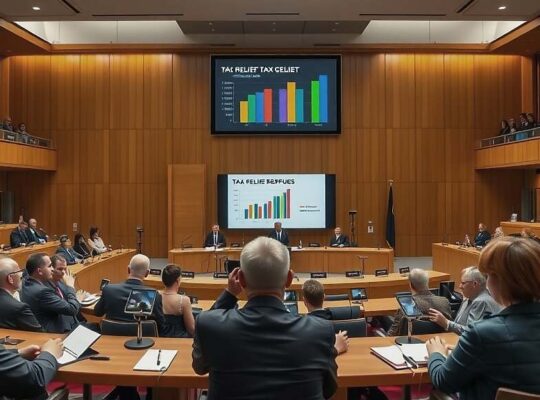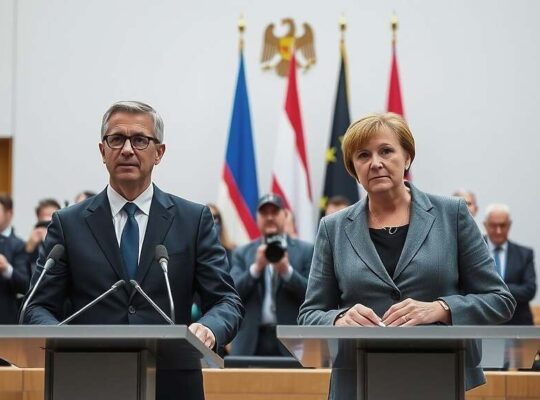The promised tax relief for the hospitality sector and commuter benefits, championed by the German federal government, faces a critical juncture as implementation hurdles and intergovernmental negotiations threaten to delay their impact. Philipp Amthor, Parliamentary State Secretary in the Digital Ministry and a prominent voice within the Christian Democratic Union (CDU), has publicly urged swift action, emphasizing the vital importance of these measures for regions like his home state of Mecklenburg-Vorpommern.
Amthor’s statement, delivered to RTL and ntv, directly addressed the concerns surrounding the financial implications for state governments – a key sticking point in the legislative process. The planned reliefs, intended to stimulate the agricultural and tourism sectors, are linked to potential revenue losses for individual states. While expressing confidence regarding parliamentary approval, Amthor’s remarks subtly critique a potential deadlock.
The crux of the issue lies in the compensation mechanism for these revenue shortfalls. While Amthor voiced optimism about reaching a resolution with state premiers, he simultaneously downplayed the possibility of significant additional financial support from the federal government. He pointed to recent projections from Federal Finance Minister Christian Lindner, indicating potential tax revenue surpluses for states, as justification for limiting further compensation.
This positioning reveals a nuanced political strategy. Amthor’s comments effectively signal a reluctance within the CDU to appease state governments with substantial financial sweeteners. By emphasizing potential state revenue increases, the party aims to manage expectations and potentially push for a more streamlined implementation of the tax relief package, albeit at the risk of creating friction with state governments potentially expecting greater federal support. The situation highlights the ongoing tension between federal policy ambitions and the practical realities of intergovernmental fiscal relations within Germany and whether the promised benefits will reach those most in need without significant delay or compromise.












